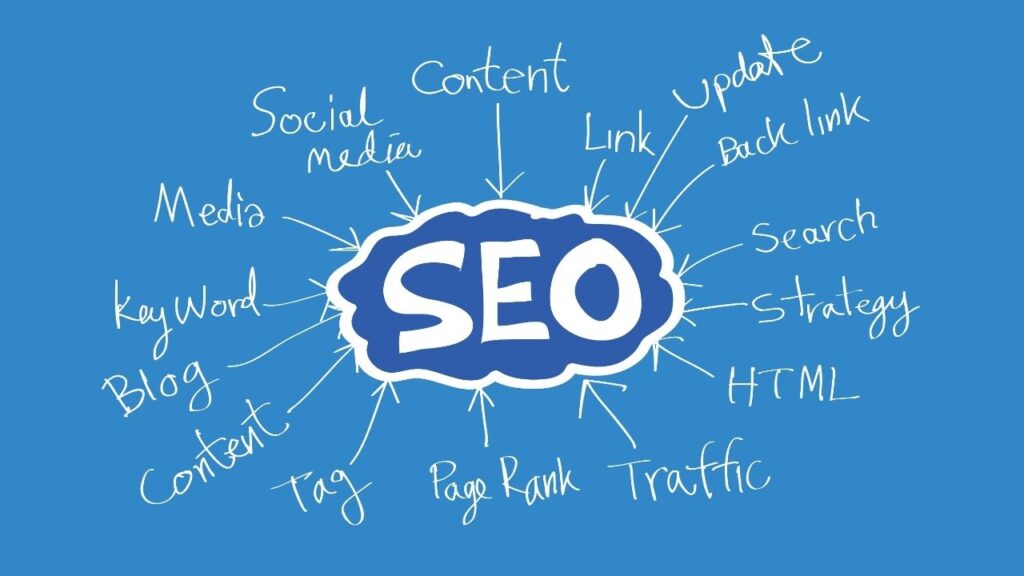Best advanced Search Engine Optimization ( Google, Bing, …)
Search engine optimization (SEO) is the process of improving the quality and quantity of website traffic to a website or a web page from search engines.[1] SEO targets unpaid traffic (known as “natural” or “organic” results) rather than direct traffic or paid traffic. Unpaid traffic may originate from different kinds of searches, including image search, video search, academic search,[2] news search, and industry-specific vertical search engines.
As an Internet marketing strategy, SEO considers how search engines work, the computer-programmed algorithms that dictate search engine behavior, what people search for, the actual search terms or keywords typed into search engines, and which search engines are preferred by their targeted audience. SEO is performed because a website will receive more visitors from a search engine when websites rank higher on the search engine results page (SERP). These visitors can then potentially be converted into customers.

To understand the value of SEO, let’s break our definition into three parts:
Organic search results: the unpaid listings on a search engine results page (SERP) that the search engine has determined are most relevant to the user’s query. Ads (in this context, PPC or pay-per-click ads) make up a significant portion of many SERPs. Organic search results are distinct from these ads in that they are positioned based on the search engine’s organic ranking algorithms rather than advertiser bids. You can’t pay for your page to rank higher in organic search results.Search engines Optimization like Google and Bing use crawlers, sometimes also called bots or spiders, to gather information about all the content they can find on the internet. The crawler starts from a known web page and follows internal links to pages within that site as well as external links to pages on other sites. The content on those pages, plus the context of the links it followed, help the crawler understand what each page is about and how it’s semantically connected to all of the other pages within the search engine’s massive database, called an index.
When a user types or speaks a query into the search box, the search engine uses complex algorithms to pull out what it believes to be the most accurate and useful list of results for that query. These organic results can include web pages full of text, news articles, images, videos, local business listings, and other more niche types of content.
advanced Search Engine Optimization ( Google, Bing, …)
Even though Google doesn’t make the inner workings of its algorithm public, based on filed patents and statements from Google, we know that websites and web pages are ranked based on:
Relevancy
If you search for “chocolate chip cookie recipes”, you don’t want to see web pages about truck tires.
That’s why Google looks first-and-foremost for pages that are closely-related to your keyword.
However, Google doesn’t simply rank “the most relevant pages at the top”. That’s because there are thousands (or even millions) of relevant pages for every search term.
Why is SEO important for marketing?
SEO is a fundamental part of digital marketing because people conduct trillions of searches every year, often with commercial intent to find information about products and services. Search is often the primary source of digital traffic for brands and complements other marketing channels. Greater visibility and ranking higher in search results than your competition can have a material impact on your bottom line.
However, the search results have been evolving over the past few years to give users more direct answers and information that is more likely to keep users on the results page instead of driving them to other websites.
Also note, features like rich results and Knowledge Panels in the search results can increase visibility and provide users more information about your company directly in the results.
In sum, SEO is the foundation of a holistic marketing ecosystem. When you understand what your website users want, you can then implement that knowledge across your campaigns (paid and organic), across your website, across your social media properties, and more.
As a new WordPress user, you should go to your dashboard to delete this page and create new pages for your content. Have fun!